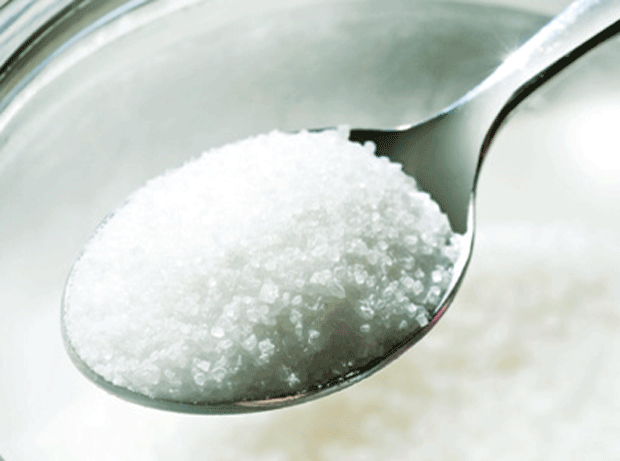
Health campaigners who led a campaign to cut salt levels in food have opened a new front, this time on sugar, amid growing fears that high levels in food and drink could be a cause of obesity.
The influential body Consensus Action on Salt and Health (CASH) this week launched Action on Sugar, teaming up with a raft of medical figures from around the world.
The campaign group has slammed the UK government for what it claims is a lack of a co-ordinated approach to obesity and promises to target the “huge and unnecessary amounts of sugar that are currently being added to our food and soft drinks”.
Action on Sugar has published a table aiming to name and shame leading products from companies including Coca-Cola, Pepsi, Mars, Cadbury and Heinz. The group’s chairman, Professor Graham MacGregor, told The Grocer this week such products contained “shocking” levels of sugar.
The group has called for moves to gradually reduce the amount of added sugar in food and soft drinks. It claimed a 20-30% reduction would be “easily achievable” within three to five years.
Supplier response
However, suppliers strongly hit back at claims that sugar was behind the obesity crisis.
“Sugars, or any other nutrient for that matter, consumed as part of a varied and balanced diet are not a cause of obesity, to which there is no simple or single solution,” said Barbara Gallani, director of regulation, science and health at the FDF.
“That’s why the food industry has been working on a range of initiatives with other players to tackle obesity and diet-related diseases through a number of interventions.”
Public Health England
However, the new campaign was welcomed by the government’s public health body, Public Health England (PHE), which said there was a clear link between high sugar intake and the obesity crisis. “The link between high sugar intake, obesity and poor health outcomes is clear,” it said in a statement.
“The link between high sugar intake, obesity and poor health outcomes is clear”
Public Health England
Reducing intake would be key to better public health, it added. “PHE welcome the call for reducing the public’s sugar intake through food industry measures,” said Professor Kevin Fenton, director of health and wellbeing at PHE.
“It is important to raise awareness of the detrimental impact excess sugar intake can have on an individual’s health. Too much sugar increases the risk of consuming too many calories which over time leads to excess weight gain and obesity. Lowering levels of obesity will help to reduce the risk of heart disease, type 2 diabetes and some cancers.”
The Scientific Advisory Committee on Nutrition, an independent committee that advises PHE and other government agencies and departments, is due to publish a comprehensive review of carbohydrates, including sugars, in the diet.
Current guidance is based on dental caries alone and not on obesity or associated diseases.
Read more on the Action on Sugar campaign in this week’s issue of The Grocer.


















1 Readers' comment